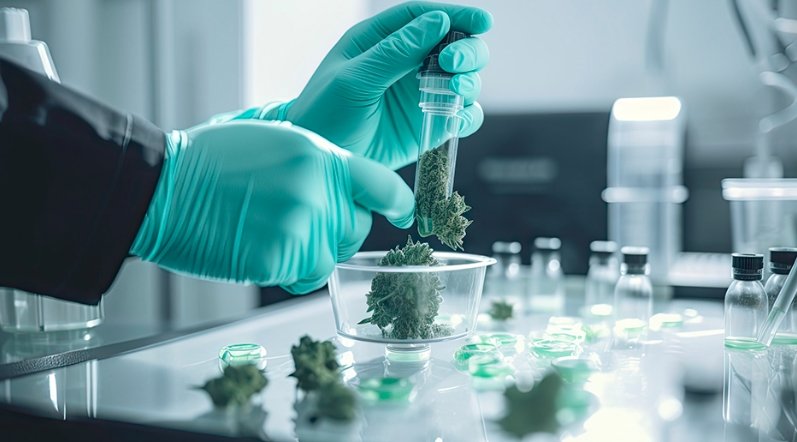In a recent interview, Douglas Duncan, Laboratory Director of Kairos Labs, shared his perspectives on the challenges and standards in cannabis testing. As the cannabis industry continues to grow, ensuring the safety and quality of cannabis products has become increasingly important. Duncan’s insights shed light on the current state of cannabis testing, the hurdles faced by laboratories, and the potential future developments in this critical field.
The Challenges of Cannabis Testing
Cannabis testing laboratories face numerous challenges, one of the most significant being the lack of standardized testing methods. Different laboratories often use varying techniques, leading to inconsistent results. This inconsistency can undermine consumer confidence and complicate regulatory oversight. Duncan emphasized the need for uniform testing standards to ensure that all cannabis products meet the same safety and quality criteria.
Another major challenge is the detection of pesticides and other contaminants. Certain pesticides, like chlorfenapyr, are particularly difficult to detect at low levels due to their low ionization efficiency. This has sparked debates within the industry about the best methods for quantifying such substances. Duncan advocates for the use of gas chromatography with a triple quadrupole (GC-QQQ) over liquid chromatography, as it provides more reliable results for certain analytes.

The issue of lab shopping, where producers seek out laboratories that provide favorable results, further complicates the landscape. This practice can lead to inflated potency results and mislead consumers about the quality of the products they are purchasing. Ethical laboratories must navigate these challenges while maintaining their integrity and competitiveness in the market.
Industry Standards and Innovations
The cannabis industry is in dire need of standardized testing protocols to ensure product safety and quality. Duncan highlighted the importance of developing and implementing these standards across all testing laboratories. Uniform standards would not only enhance consumer trust but also streamline regulatory processes, making it easier to monitor and enforce compliance.
Innovations in testing technology are also playing a crucial role in addressing current challenges. Advances in nanotechnology and analytical testing methods are providing more accurate and reliable results. These innovations are essential for detecting contaminants at lower levels and ensuring that cannabis products are safe for consumption. Duncan believes that continued investment in research and development will drive further improvements in testing accuracy and efficiency.
The potential rescheduling of cannabis at the federal level could also have significant implications for the industry. Federal rescheduling would likely lead to more rigorous regulatory requirements and greater consistency in testing standards. This could help address many of the current challenges and ensure that all cannabis products meet high safety and quality standards.
The Future of Cannabis Testing
Looking ahead, the future of cannabis testing appears promising, with ongoing efforts to improve standards and technologies. Duncan envisions a future where all cannabis products are subject to stringent testing protocols, ensuring their safety and efficacy. This will require collaboration between industry stakeholders, regulators, and researchers to develop and implement effective testing standards.
One area of focus is the development of more sensitive and specific testing methods. As the industry evolves, the ability to detect even trace amounts of contaminants will become increasingly important. This will help protect consumers and ensure that cannabis products are free from harmful substances.
Another key aspect is the education and training of laboratory personnel. Ensuring that staff are well-versed in the latest testing techniques and standards is crucial for maintaining the integrity of the testing process. Ongoing professional development and certification programs can help achieve this goal.
while the cannabis testing industry faces significant challenges, there are also numerous opportunities for improvement and innovation. By addressing these challenges head-on and investing in advanced testing technologies, the industry can ensure the safety and quality of cannabis products for consumers.



